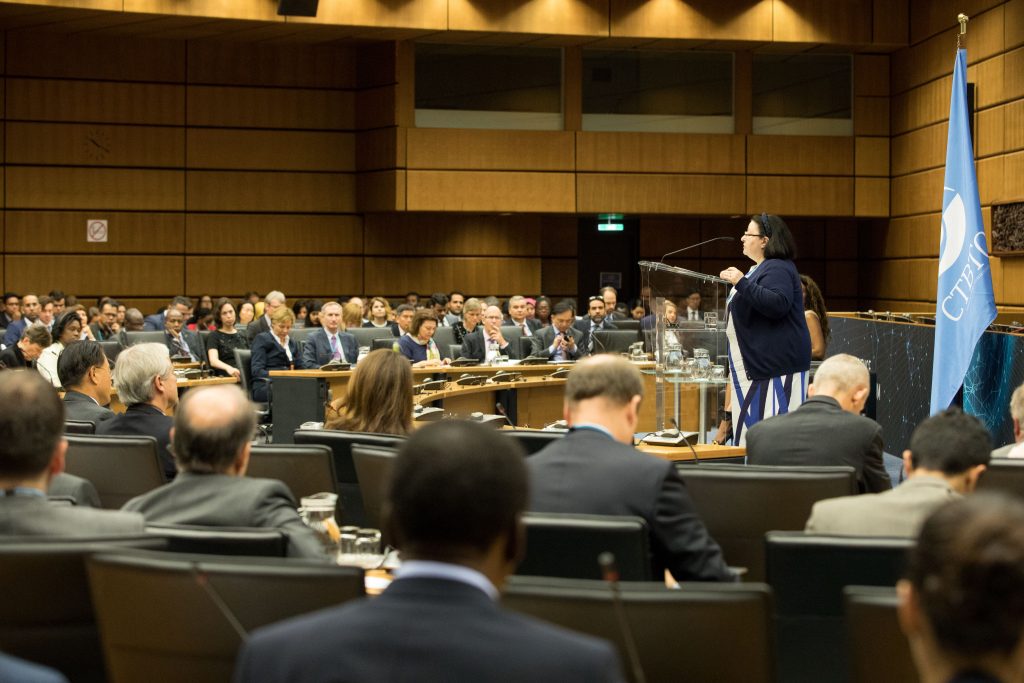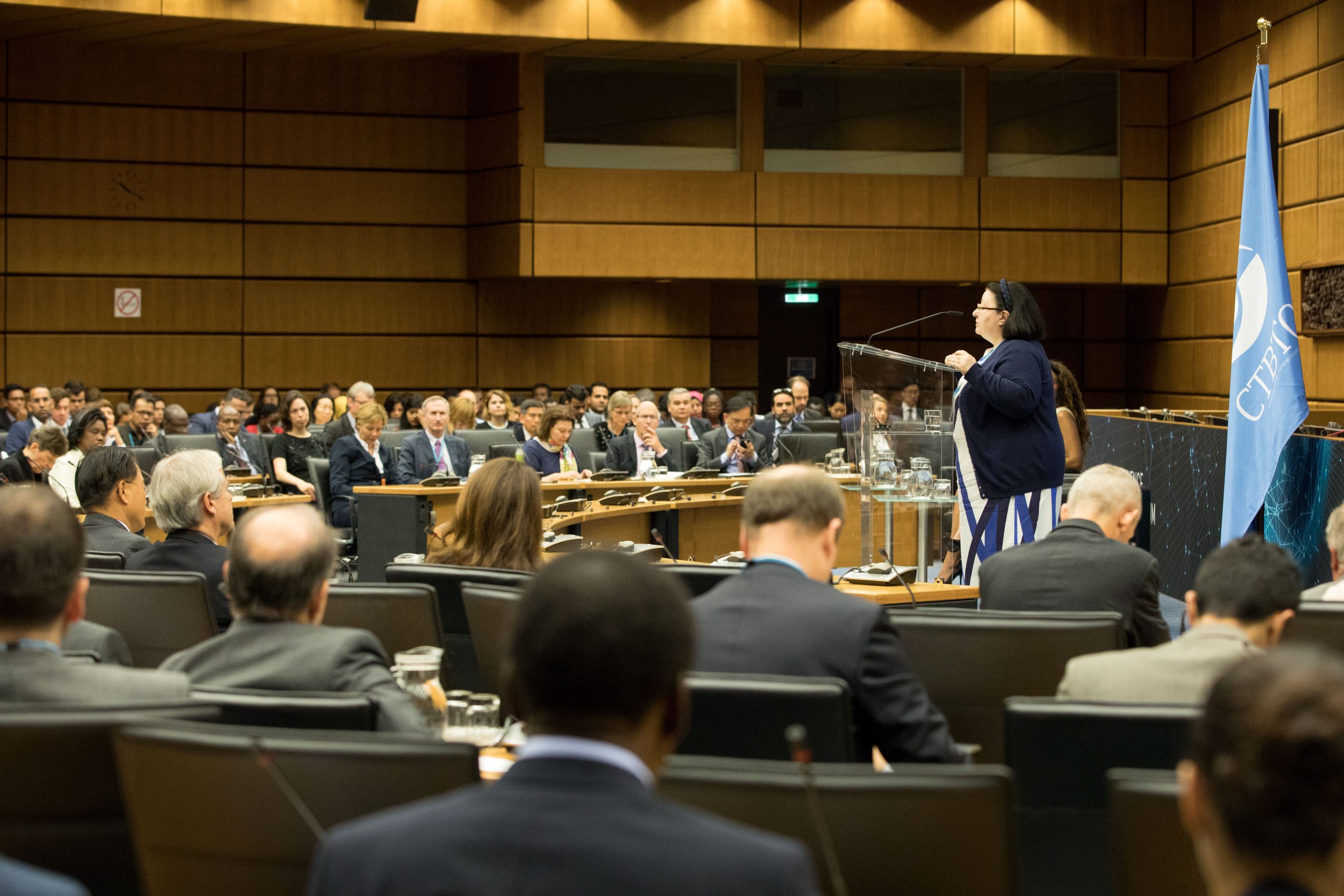
The United States’ vigorous diplomatic efforts during the current conflict have yet to convince Middle Eastern Arab nations, and it remains uncertain whether President Joe Biden’s impending visit will make a difference. Recently, the U.S. Secretary of State Antony Blinken has faced diplomatic challenges, including an unresponsive Saudi Arabian crown prince and an unexpected historical discourse from Egypt’s leader. The U.S. has struggled to persuade Arab leaders to condemn Hamas for its severe assault on Israel or to express support for Israel’s military retaliation.
This difficulty indicates a potential decline in U.S. influence in the region, where national interests often diverge from those of Washington, and where both Russia and China are competing for influence. The U.S.’s unwavering support for Israel, as opposed to its typically more balanced stance during Middle Eastern conflicts, could be a significant obstacle to improving relations.
However, there was a glimmer of diplomatic success when the U.S. and Israel agreed early Tuesday to devise a strategy for delivering humanitarian aid to the Gaza Strip, which is currently under Israeli blockade and controlled by Hamas.
The scale and intensity of the Hamas attack on Israel, which has resulted in over 1,200 Israeli casualties, have left many regional leaders still determining their stance.
“Given the fact that we are at the very early stages of this situation, U.S. diplomacy is succeeding as much as anyone can expect it to succeed,” said Ghaith al-Omari, a former adviser to the Palestinian Authority. “But it is too early right now to talk about a major breakthrough.”
President Biden’s forthcoming visit to the Middle East on Wednesday could add complexity to the situation. Militant groups sympathetic to the Palestinian cause, including Hamas, may perceive it as a provocation. However, Biden will demonstrate solidarity by meeting with select Arab leaders in Jordan and visiting Israel, thereby avoiding potential diplomatic slights.
Jonathan Schanzer, an analyst at the Foundation for Defense of Democracies in Washington, suggests that Biden’s visit will unequivocally signal U.S. support for Israel, which may incite discontent among some Arab nations. However, he believes it is crucial for the region to witness unwavering commitment from the administration.
Despite the challenges, officials and analysts caution against prematurely dismissing U.S. influence. They suggest that private discussions may yield more progress than public declarations indicate. Arab leaders may be reluctant to make public gestures or statements that could upset their constituents, who largely support the Palestinian cause.
Secretary of State Antony Blinken has been spearheading these diplomatic efforts, visiting Israel and six predominantly Arab countries in recent days. He maintains that there is substantial agreement on fundamental objectives, such as preventing the Israel-Hamas conflict from escalating into a broader regional war.
However, U.S. attempts to persuade Egypt to open a border crossing for Palestinians holding foreign citizenship to exit Gaza have been unsuccessful so far. Egypt attributes this failure to Israeli actions, which they claim are obstructing their efforts to deliver humanitarian aid to Palestinians in Gaza through the crossing.
Egypt is also apprehensive about accepting Palestinians fleeing Gaza, fearing that Israel may not allow them to return once it has completed its search for Hamas fighters in the region. This situation could potentially lead to a crisis reminiscent of previous Palestinian displacements that effectively became permanent.
Nevertheless, there are indications that the U.S. is exerting some influence over Israel. Behind-the-scenes negotiations involving U.S. and other foreign officials have successfully persuaded Israel to retract an initial 24-hour evacuation notice issued to approximately 1 million residents of northern Gaza.
“They heard from across the U.S. government concern about the plan,” said a Biden administration official on the condition of anonymity given the sensitivity of the issue.
In the early hours of Tuesday in Tel Aviv, Secretary of State Antony Blinken announced that the United States and Israel had agreed to devise a plan to facilitate the delivery of humanitarian aid from donor nations and multinational organizations to civilians in Gaza.
Arab nations have largely refrained from explicitly condemning Hamas, much to the disappointment — though not necessarily surprise — of the Biden administration. Those who have criticized Hamas, such as the United Arab Emirates, have typically done so while simultaneously urging restraint from both sides.
The conflict has been particularly deadly, with Hamas taking numerous hostages and Israeli reprisals resulting in thousands of Palestinian casualties. Israel has expressed its intention to eradicate Hamas, exacerbating concerns for the 2.2 million Palestinian civilians trapped in Gaza, where an Israeli blockade has led to severe shortages of water, fuel, and electricity.
The conflict has already displaced hundreds of thousands of Palestinians within Gaza, ahead of a potential Israeli ground invasion — an eventuality that many believe Washington is either unable or unwilling to prevent.
Blinken has communicated to Arab officials that future dealings with Hamas must change. However, several of these governments maintain ties with Hamas and are cognizant that their constituents largely support the Palestinian cause that Hamas purports to champion.
Qatar, which hosts several top Hamas leaders and a political office, is currently acting as a mediator for a key diplomatic objective of the United States and other countries: securing the release of hostages, some of whom are not Israeli nationals.
Simultaneously, leading Arab nations such as Saudi Arabia and the United Arab Emirates harbor deep suspicions of Iran, a significant benefactor of Hamas. Iran also supports Hezbollah, a Lebanese militant group that has previously clashed with Israel.
In recent days, President Biden has adjusted his rhetoric from unambiguous support for Israel following the attack to include concerns about protecting Palestinian civilians. He has also cautioned Israel about the potential costs of occupying Gaza. However, Biden and the United States have traditionally been perceived as more pro-Israel than pro-Palestinian, contributing to regional discontent.
Khaled Elgindy, an analyst with the Middle East Institute in Washington, contends that Biden’s more recent balanced language arrived too late. He argues that early public statements from the U.S., which were more supportive of Israel, have left a lasting impression among Arabs.
“The statements of restraint have to be made in real-time, otherwise they’re meaningless,” said Khaled. And “if it’s not public, it doesn’t count.”
As Secretary of State Antony Blinken traveled from one nation to another, the public reception he received from certain Arab leaders was striking. Egypt’s President Abdel Fattah El-Sisi provided a discourse on the plight of Palestinians under Israeli occupation, while also making an unfounded claim that Jews had never been persecuted in Egypt.
El-Sisi stated, “It is true what happened over the past nine days was very difficult and too much, and we unequivocally condemn it. But we need to understand that this is the result of accumulated fury and hatred over four decades, where the Palestinians had no hope to find a solution.”
Meanwhile, Saudi Crown Prince Mohammed Bin Salman kept Blinken waiting for several hours before their meeting on Sunday. The Saudi account of the meeting revealed that the crown prince called for an end to the “military operations that have claimed the lives of innocent people,” effectively opposing the Israeli offensive. There were also reports that Saudi Arabia was suspending U.S.-backed discussions about normalizing diplomatic relations with Israel.
The crown prince’s decision to delay the meeting during this crisis was noteworthy, especially considering that he also spoke with Iran’s president following last weekend’s Hamas strikes. Despite their longstanding rivalry and ongoing proxy war in Yemen, Saudi Arabia and Iran have recently reestablished diplomatic ties severed years ago, further complicating the web of regional rivalries and interests.
However, some Arab officials are supportive of U.S. efforts, though they recognize that it may take time to see long-term results. “There is no doubt in my mind that without American leadership, we would be in a far tougher position,” one Arab diplomat said. “The objective today is to stop the bleed, and although Band-Aids are being applied, the wound is too deep.”





